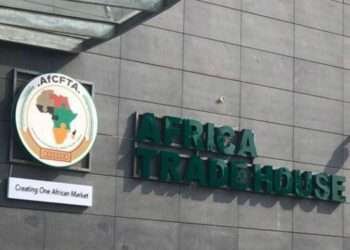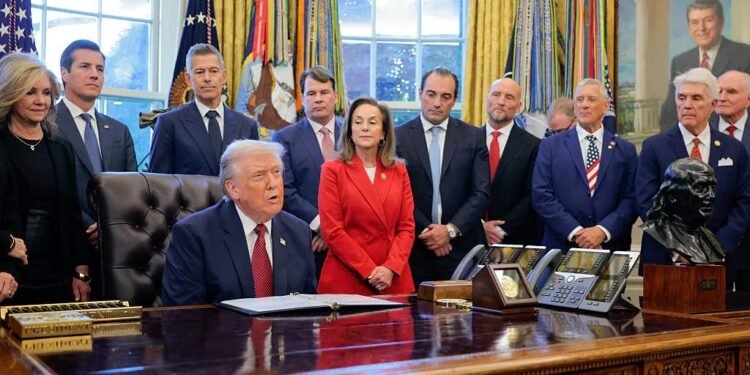A whooping majority of approximately 80% of industry leaders believe that the government has done a poor job with regards to improving MSMEs’ access to financial services, such as low-cost financing, and integration into value chains and market.
This was revealed by a recent survey conducted by accounting and auditing firm, KPMG, which sampled business leaders across the country.
KPMG also assessed government policy initiatives based on the expectations of the CEOs. Overall, respondents were of the view that all government flagship programmes or initiatives have largely not met their expectations.
However, one of the initiatives that was mentioned as not meeting the expectations of business leaders was the Planting for Food and Jobs program. A whopping 85.7% of the respondents said the programme has failed.

On the contrary, the Free Senior High School policy fared a bit better as 25.7% of business leaders expressed satisfaction with the policy. This was followed by One District One Factory, with 15.7% of respondents expressing satisfaction.
Government burdening businesses with taxes
Meanwhile, eighty-eight (88%) percent of business leaders surveyed by the accounting and auditing firm indicated that the government has imposed too many taxes and yet, there is little to show for these taxes.
Among the taxes, is the 1.5% Electronic Transaction Levy (e-levy) which took effect in May this year. Per the findings of the survey, 51.4% of the respondents want the Electronic Transaction Levy (e-levy) reviewed.
Ghanaian business men and women expect the government to act as a matter of urgency by reducing the electronic transactions levy in the 20223 budget statement which is expected to be presented later this month.
Sixty-nine percent of industry leaders are confident the International Monetary Fund programme will help restore macroeconomic stability, according to the survey conducted by KPMG on the 2023 Budget.
Some respondents however, suggested that the programme should emphasize debt sustainability, while also promoting inclusive and long-term growth.
Majority of the business leaders also indicated that economic factors such as inflation, cedi depreciation, slow growth rate, and rising interest rates have had a significant impact on their operations.
Measures to reduce suffering of citizens
Once more, majority of respondents indicated that the government should reconsider some fiscal measures, such as adjustments to the electronic transaction levy, petroleum levies and import duty in order to alleviate the economic hardship and to reduce the rising cost of doing business in the country.
Business leaders also urged government to reduce the number of ministers and scrap ex-gratia. According to the CEOs, government should make ex-gratia a one-time payment when leaving office and not paid after every four years. Business leaders also expect the government to ensure that import duties are quoted in cedis instead of dollars.
The respondents also appealed to the government to stop the extension of the 5% National Fiscal Stabilization levy.
Some revenue measures outlined by respondents to be included in the 2023 Budget include: a 5% windfall profit tax on financial institutions, reducing electronic levy charges to 0.5% and increasing the minimum threshold to GH¢1000.
Others include the re-introduction of road toll, using data submitted on monthly withholding VAT returns to enforce compliance, and leverage technology to rope informal sector into the tax net.
An earlier research conducted by the Centre for Economics, Finance, and Inequality Studies (CEFIS) revealed that Mobile Money (MoMo) users have devised new ways to avoid the payment of the Electronic Transaction Levy (E-levy), while their merchant counterparts are also milking the government of expected revenues.
CEFIS explained that MoMo merchants, whose number has been increasing, have cultivated the habit of negotiating with customers for a fee, making the latter avoid the payment of the tax.
READ ALSO: Normalize Public Hearings On Issues of National Interest- Joyce Mogtari























